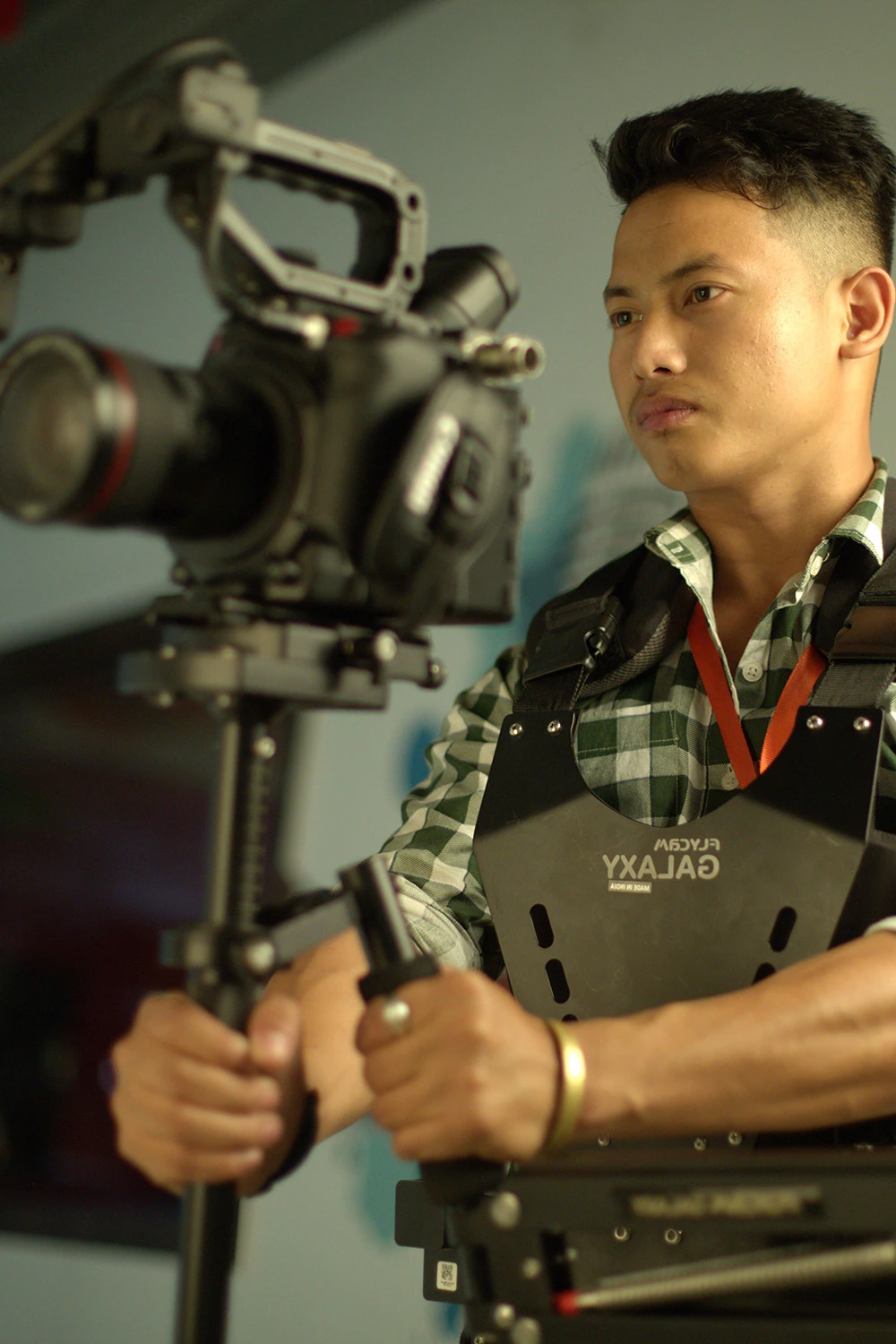Storytelling is as old as human experience, language, and the need to make sense of life. It's only a matter of trying to conceive a story without characters to know that the two are completely linked. The story will be more fascinating and gripping if the characters are engaging. Students will leave with an arsenal of techniques for creating well-developed characters whose motivations and actions are organic to the plot, appropriate to the story's thematic aspirations, and a delight for actors and audiences alike, thanks to lectures, discussions, screenings, and individual and collaborative in-class assignments. Within a particular dramatic context, students will employ these strategies and further explore their developed characters.
Students are taught the basic narrative ideas and encouraged to write script pitches, which they present to a story board, which provides input and determines which story to pursue. Students will get comprehensive classes on screenwriting tools and learn to develop scripts in the correct, up-to-date, industry standard format in this hands-on course. Although the emphasis is on writer's drafts rather than shooting scripts, students will study the contrasts between the two, as well as the variations between feature film and television formats.
Furthermore, screenwriting students have the unique opportunity to collaborate with fellow screenwriting, filmmaking, and acting students in developing and bringing a script to life in a finished film, giving each student extensive experience in every step of the filmmaking process as it relates to screenwriting. The ability to pitch screenplays and exhibit taught abilities is a feature of the screenwriting curriculum. Each professor has a unique and distinctive expertise, and they are dedicated to assisting students in better understanding how their work translates to film production. The program provides a well-rounded specialized education in the field of art, literature, psychology and mythology which leads to deep inquiry into the human heart and mind along with a thorough examination and practice of screenwriting and allied filmmaking disciplines. Students not only grasp story structure, character, conflict, and dialogue after completing the program, but they also leave the Academy with finished projects that they can pitch, produce, and try to sell.
In Elements of Screenwriting, students will gain a core knowledge of cinematic storytelling and screenplay as well as the tools needed to build a tale. To begin with, students are introduced to cinema theory and start brainstorming plot ideas. They'll learn how to locate and generate story ideas, as well as how to turn those ideas into whole cinematic storylines. Students will write a short film screenplay , develop documentary ideas to pitch . They will learn how to develop script for 15sec AD Film before the conclusion of the course. Students master the craft of screenwriting through workshop classes in which they learn by writing, as well as skill-building courses where they learn about cinema history, genres, and specialised abilities such as scene creation, adaptation, and character development. To obtain a full understanding of how cinematic stories are told, students also study theories behind filming, acting, and editing.
Screenplay & Script Writing (6 Months)
- The analysis of play construction and dramatic principles
- Film and theatre
- The grammar and technique of film
- The premise
- Characterisation
- Time, pace and rhythm
- Division of action
- Process of selection
- Exposition
- Continuity
- Progression
- Obligatory scenes
- Climax
- Dialogues
- Practical exercise
- Dealing with reel time & cinematic time
- Writing script for feature film
- Writing script for documentary
- Writing script for daily soaps
- Writing story board for advertising video
- Writing of censor script for a feature film


